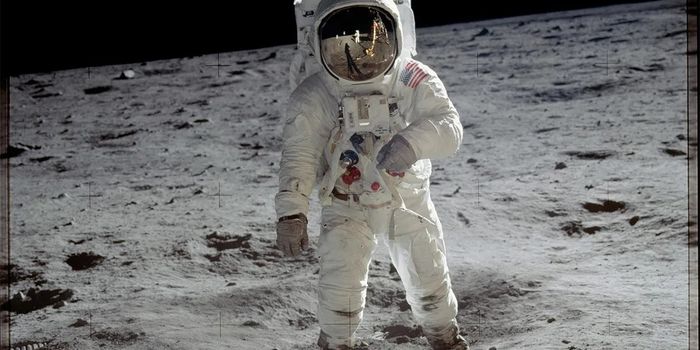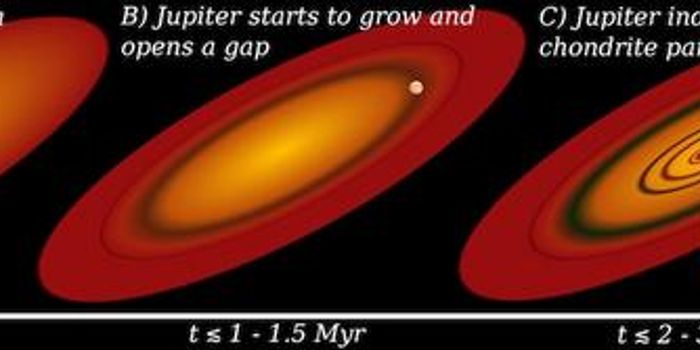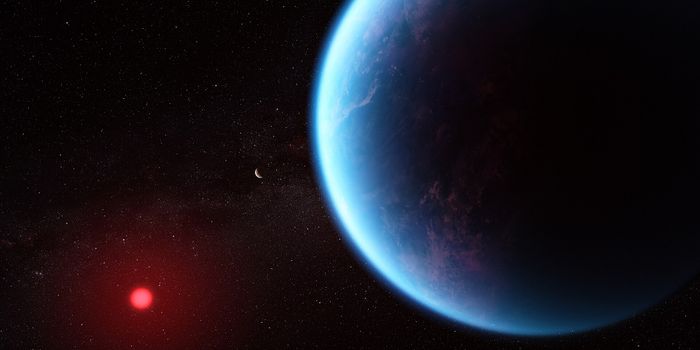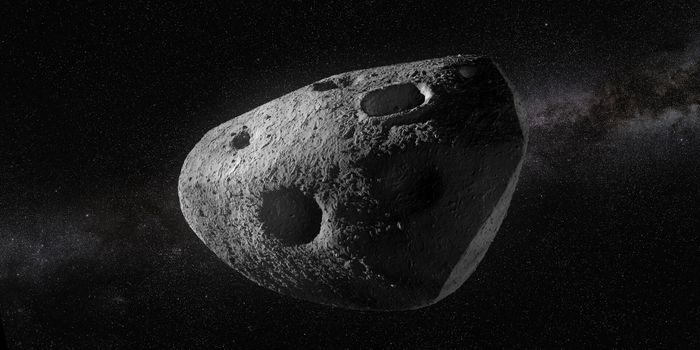United Nations Announces its First Space Mission for 2021
The United Nations has announced that it will be attempting to carry out its first space mission in 2021.

Image Credit: Sierra Nevada Corporation/UNOOSA
Overseen by the United Nations Office of Outer Space Affairs (UNOOSA), and in collaboration with the Sierra Nevada Corporation (SNC), the United Nations hopes that it can help developing countries that can’t afford to create their own space research programs in the interest of utilizing outer space peacefully.
The realistic fact is that not all nations around the world are super powers like the United States, China, or Russia. Many nations are poor and don’t have the money to fund large space programs and agencies that would typically perform research in space.
Nevertheless, the United Nations hopes that this move, which helps to put everyone on equal grounds, will help with international peace and development of future technology for utilizing space.
"One of UNOOSA's core responsibilities is to promote international cooperation in the peaceful use of outer space," said Simonetta Di Pippo, Director of UNOOSA.
"I am proud to say that one of the ways UNOOSA will achieve this, in cooperation with our partner Sierra Nevada Corporation, is by dedicating an entire microgravity mission to United Nations Member States, many of which do not have the infrastructure or financial backing to have a standalone space program."
Within this new program, member states of the United Nations will be able to utilize a special space transportation craft dubbed Dream Chaser, which can take payloads into space, along with up to seven passengers. For countries that can develop technology for space, but aren’t wealthy enough to send them or their astronauts there, this is a huge step forward in opportunities.
"At SNC our goal is to pay it forward," said SNC's owner and President, Eren Ozmen. "That means leveraging the creation and success of our Dream Chaser spacecraft to benefit future generations of innovators like us all around the world.”
Any member state of the United Nations is eligible to propose a payload delivery into space, however the United Nations gets to approve or disapprove of them all. Once approved, the United Nations will help that member state get their technology into Earth’s orbit to help the country realize their dream and to help young inventors with talent to propel humanity forward.
The first payloads are expected to be chosen by 2018, and will be launched in 2021 in the initial flight of the Dream Chaser vehicle, which is reportedly the first reusable vehicle of its kind that can be landed at commercial airports or space ports anywhere in the world.
Source: United Nations Office of Outer Space Affairs via Space.com








